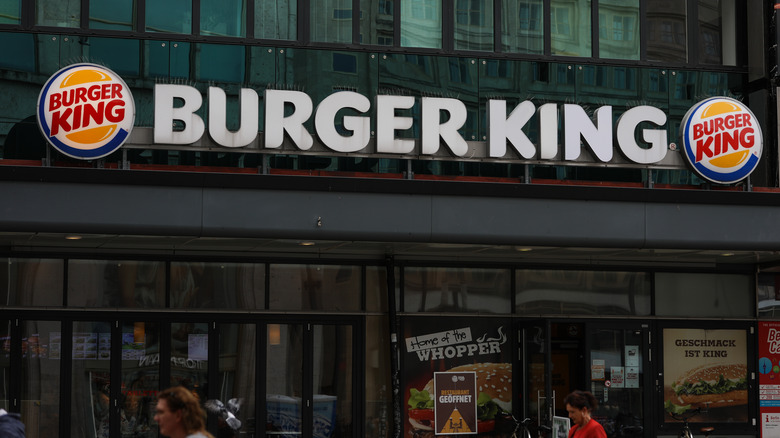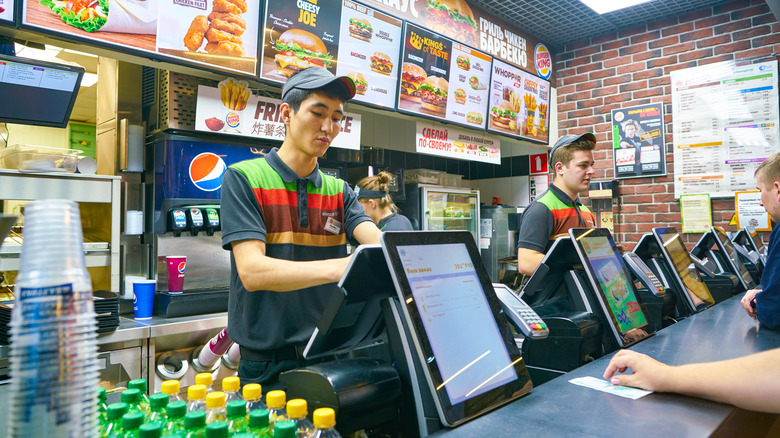How Hurricane Andrew Changed Burger King Forever
Hurricane Andrew ravaged Florida in 1992, and was one of the most destructive hurricanes in Florida's history, according to the Weather Channel. In true biblical fashion, not even the headquarters of Burger King survived. When PRovoke Media caught up with those situated at Burger King's corporate headquarters in 1995, they had rebuilt it, but still grappled with the turmoil that they all had gone through. With great luck, all had survived but many had been rendered homeless, only having the Burger King brand as a source of stability.
"We literally had people living out of tents or in severely damaged homes," explained Michael Evans, the company's manager of media relations. "After a while we found that many of them gravitated towards the office. They needed the reassurance that although everything else was in chaos, the company was still operating, they still had jobs."
Out of such destruction and the renewed attachment to the company, the corporate culture underwent a regeneration. Previously, the fast food chain held itself with a stiff hierarchy, a conservative business look, and blocked out the natural light with the offices of upper management. During the recovery, however, the company spent its resources to both help their workers get their lives back together and afterwards kept that worker-orientated outlook. The literal removal of walls by storm winds, resulted in the metaphorical removal within the company's structure.
However, this Burger King change didn't seem to last
"We want to make franchisees part of the revolution that was going on here at headquarters," Evans stated while detailing to PRovoke Media how the reorientation at Burger King's headquarters was meant to spread outwards. However, that was over a quarter of a century ago. The relationship between corporate and the franchisees had grown once again strained in the meantime.
In 2009, QSR Web covered how tensions became ever more strained with the introduction of the double cheeseburger to their dollar menu, which franchisees had voted against, required late hours, and money diverted from their soft drink rebate fund among others. By 2011, the grumbling over the dollar menu developed into a lawsuit which, as Reuters reported, they dropped after negotiating for more control over their Value Menus. Of course, even a decade's difference in governing structure can be massive, but it seems that the horizontal trust that Hurricane Andrew thrust upon them never quite spread to the relationship they have with their franchised restaurants.

